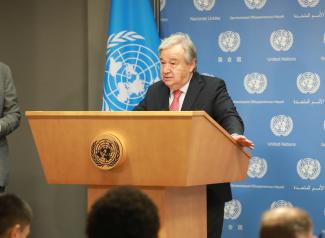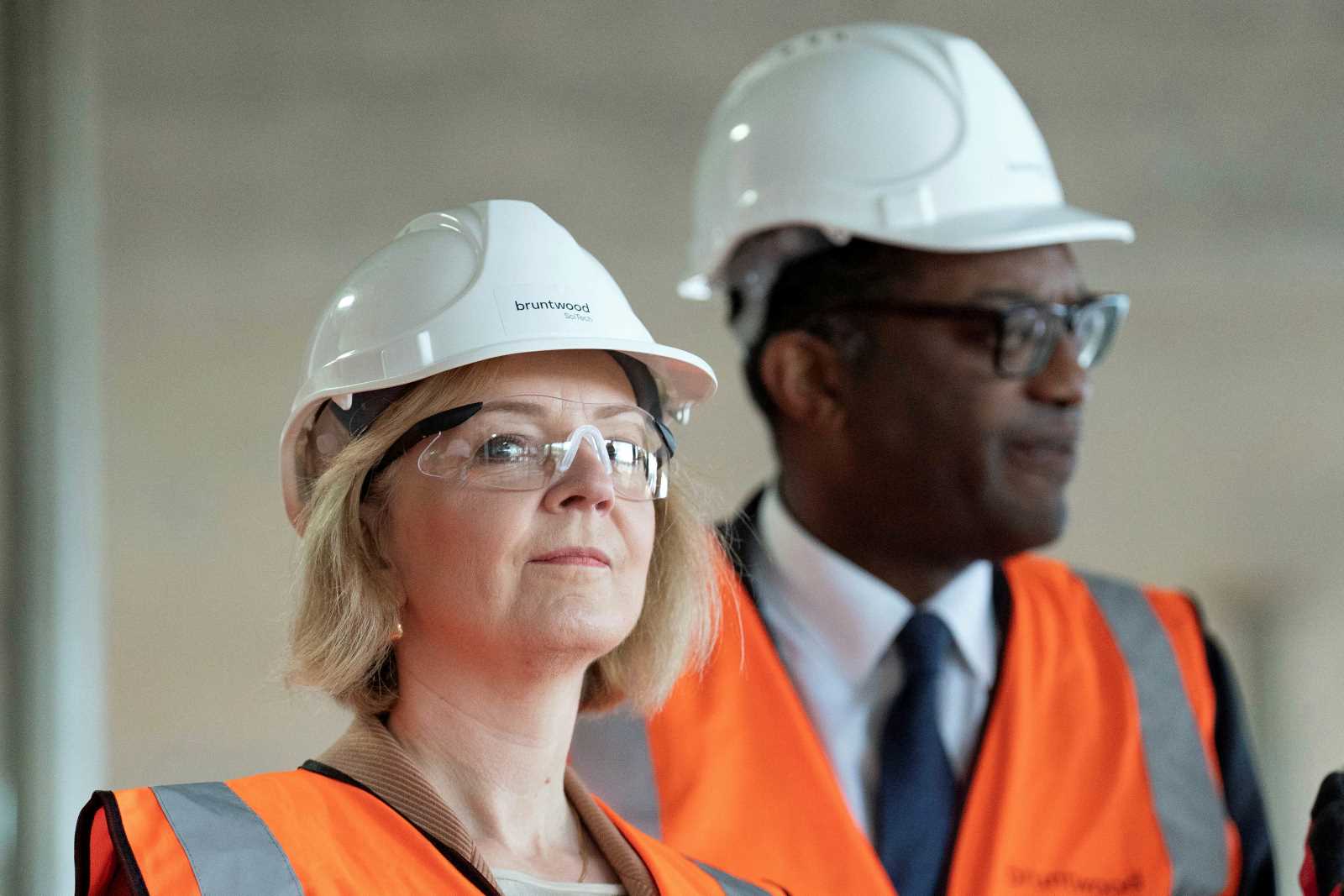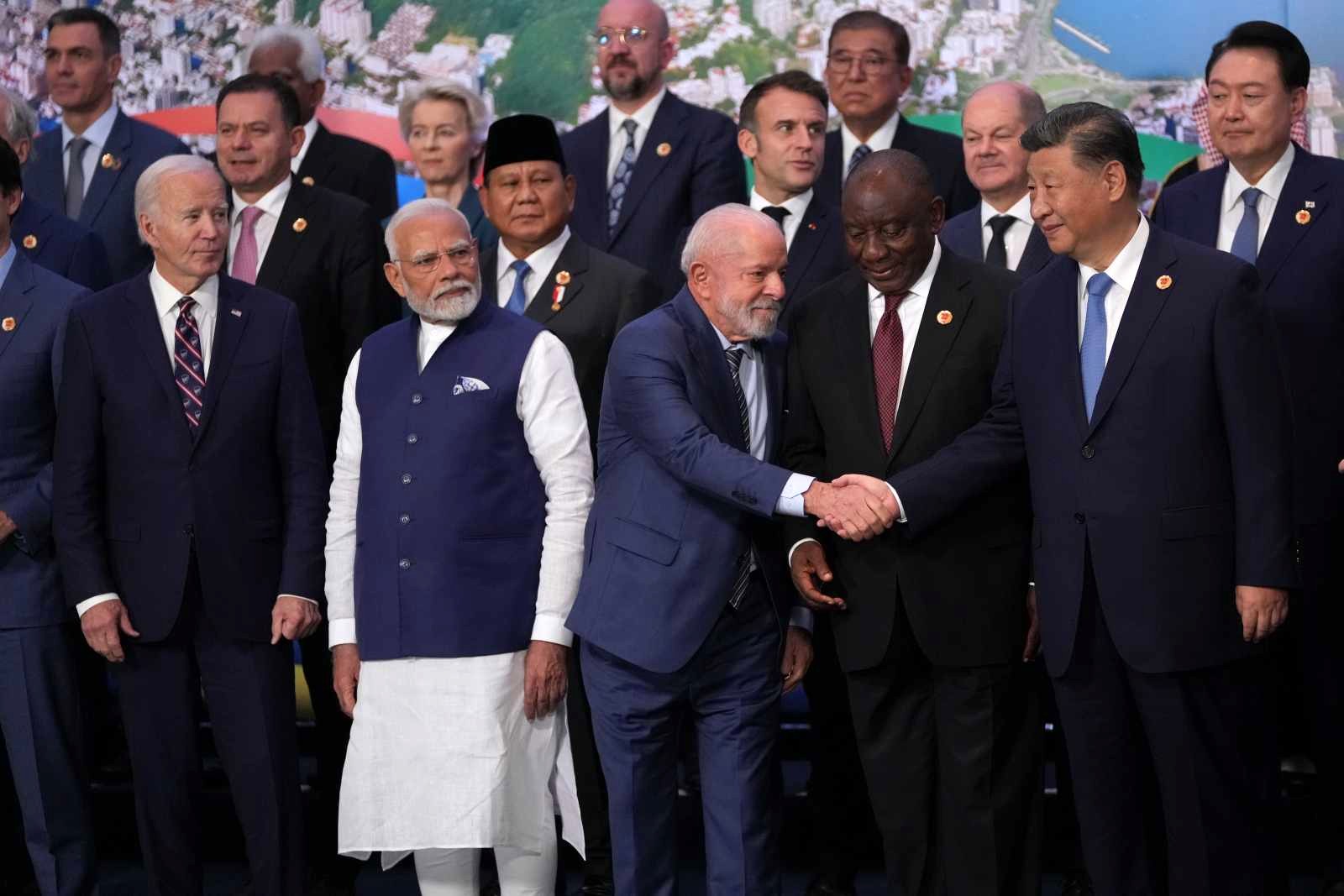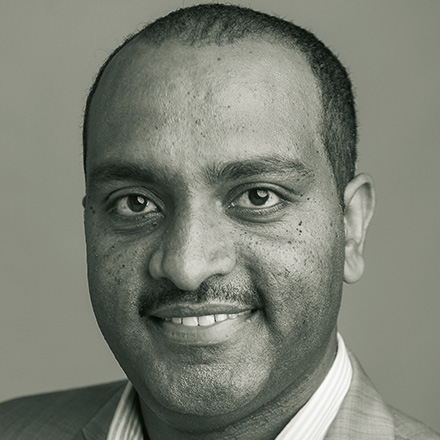Government revenues
Why UN probably cannot deliver more on taxes than OECD

The document’s starting point is that tax systems internationally do not generate the financial resources governments need, and that this has become particularly evident in the context of the global climate crisis and the coronavirus pandemic. To improve matters, it proposes a multilateral agreement. The three options are a UN convention, a framework convention or a non-binding agreement.
A UN convention would define international standards, a framework convention would create a legal context for achieving common rules and a non-binding agreement would at least spell out joint aspirations. Guterres would like the UN General Assembly to opt for one of the three approaches this month.
No doubt, the secretary-general’s initiative makes sense. Governments need sufficient funding to act in pursuit of the common good. Public policy depends on public finance.
Usually it makes sense to prioritise the UN over other international organisations that are dominated by the established economic powers of the G7. When it comes to taxation, however, it is not obvious that the OECD is the wrong forum. In recent years, it has done sensible work to coordinate tax policies, help governments share relevant information and reduce illicit financial flows. More should certainly be done, but the OECD has made promising steps. For example, it agreed on rules to ensure that multi-national corporations pay a minimum level of taxes. Moreover, the OECD has invited non-members to cooperate in tax matters, and a considerable number of countries are doing so.
High-income countries tend to be high-tax countries
The OECD is of course the club of comparatively prosperous and privileged nations. Typically, high-income nations are also high-tax nations. These nations’ revenue services are comparatively strong and their tax systems sophisticated.
In the late 20th century, the OECD largely adhered to a market-orthodox ideology according to which states should be as small as possible. In that era, some OECD experts certainly thought that tax rates couldn’t ever be low enough.
That was then. Today, the OECD is keen on preventing a destructive “race to the bottom”. It is trying to ensure that tax systems raise sufficient funding. Achieving consensus is not easy because some member countries – Ireland for example – see low tax rates as a crucial competitive advantage. Nonetheless, OECD has succeeded in reducing the scope of tax havens to stymie government action elsewhere.
I doubt the UN can achieve more. The big problem I see is that far too many governments of low- and middle-income countries have been shying away from passing effective tax legislation.
On the one hand, they do not want to burden masses of people who do not earn much. On the other hand, they are doing a very poor job of taxing those who enjoy huge incomes and massive fortunes. A good tax system does both in a balanced way.
Indispensable frictions
Obviously, both approaches (taxing the masses lightly and prosperous elites more heavily) are likely to cause political frictions. No one likes to pay taxes. Nonetheless, both approaches are indispensable. Otherwise, a government will not to be able to implement sensible public policies. Building infrastructure is essential, both of the hard kind (roads, electric power supply et cetera) and the soft kind (social services including education and healthcare).
The full truth, of course, is that members of the economic and political elites of developing countries have a pattern of stashing away their wealth in high-income countries and especially tax havens. So far, the governments of those countries have not done much to monitor such financial flows and even less to stop them. As long as low- and middle-income countries are not prepared to do more to increase their tax revenues, a UN agreement will not make much difference.
Guterres is a clever policymaker. I am sure he is aware of these issues. I suspect that he may be attacking the OECD rhetorically in order to rally support for his proposal of coordinated UN action on tax matters. Sometimes scapegoating helps. I am afraid, however, that many leaders of low- and middle-income countries will not act in the best interest of their people. A large number has been benefitting from the current scenario personally. They will be tempted to keep things the way they are. Blaming the G7 for their nations’ problems is easier than tackling uncomfortable, but necessary challenges.
Hans Dembowski ist Chefredakteur von E+Z/D+C.
euz.editor@dandc.eu















